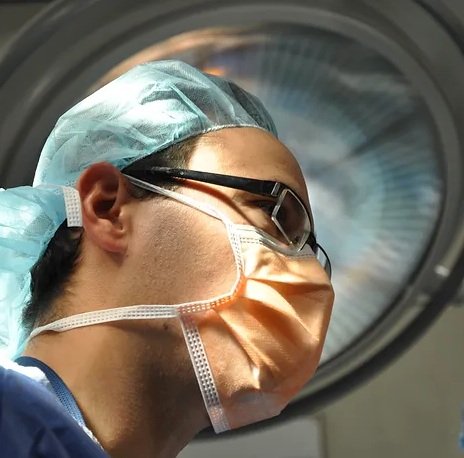Incontinence
The most feared complication after radical prostatectomy for the treatment of prostate cancer is urinary incontinence. In the vast majority of cases, the involuntary leakage is temporary and minor.
However, a proportion of men will continue to have significant leakage of urine in the longer term, impacting on their quality of life. Fortunately, there are highly effective treatment options.
How to decide the best treatment for you?
Following prostate cancer surgery sphincter weakness is the commonest cause of urinary incontinence. However there can be other conditions that affect the bladder and if you have had radiotherapy there may be additional problems within the bladder and the urethra that need investigating
Further tests are often needed to determine the exact cause of the problem and the best treatment
To consider:
Symptoms
Type of incontinence (Stress = sphincter weakness, Urgency = overactive bladder)
Severity of incontinence (pad weights)
Previous history
Prior continence surgery
Radiation therapy
Urethral strictures (scar tissue)
Recurrent bleeding (cystitis, usually from prior radiation)
Investigations
Cystoscopy (urethral and bladder check with a telescope)
Flow test and bladder emptying assessment
Ultrasound/CT
Urodynamics (formal study of bladder pressures and function, sometimes needed to better determine the cause of incontinence)
Get in touch:
03 9967 0198
-
Call us on 03 9967 0198 or use our contact form to send us your details. We will get in touch to arrange your initial consultation appointment.
When making a booking, please let our friendly staff know if you would prefer an in-person or telehealth appointment.
-
We are conveniently located opposite Cabrini Hospital Malvern at 198 Wattletree Road, Malvern with parking on site.
Also consulting at:
134 Bay st, Brighton with parking on site
Telehealth consultations available upon request
Please arrive 10 minutes before your scheduled appointment time as there can be some documentation to attend to before your appointment.

